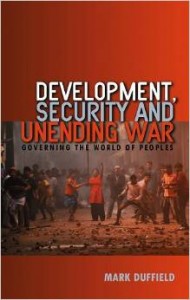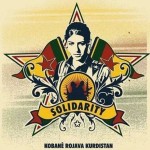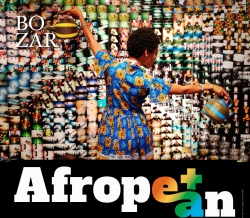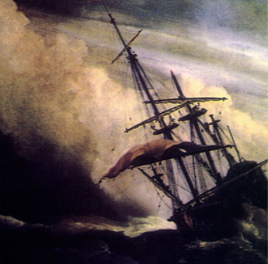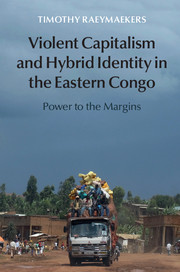Liminal:
– of, relating to, or being an intermediate state, phase, or condition (Merriam-Webster Dictionary)
– of or pertaining to the threshold or initial stage of a process (Oxford English Dictionary)
– “neither here nor there (…) betwixt and between the positions assigned and arrayed by law, custom, convention, and ceremony” (Victor Turner, The Ritual Process: Structure and Anti-Structure, 1969: 95)
Margin:
– site where the law is projected through the active unsettling of rights (Veena Das and Deborah Poole, Anthropology in the Margins of the State, 2004)
– space where state practices and imageries are co-present with other systems of rule (Benedikt Korf and Timothy Raeymaekers: Violence on the Margins: States, Conflict and Borderlands, 2013)
– The margin of the page … the geographic margin… there is a continuous exchange between margin and meaning … so ultimately what matters is on the margins. Well, I say that what is essential is located on the edge …. (Baltrusaitis,
Borderland:
– “… [zone] of cultural overlap, characterized by a mixing of cultural styles. They are liminal spaces, simultaneously dangerous and sites of creative cultural production open to cultural play and experimentation as well as domination and control” (Hastings Donnan, “Anthropology of Borders,” in: International Encyclopedia of the Social & Behavioral Sciences, ed. Neil J. Smelser and Paul B. Baltes, 2001)
Frontier:
– “a fault line and (…) a contested zone (…) a zone of conflict and competition” (Richard J. Reid, Frontiers of Violence in North-East Africa, 2011)
– “a shatter zone”, a “zones of refuge” inhabited by “peoples (…) who have (…) been fleeing the oppressions of state-making projects” (James Scott, The Art Of Not Being Governed: An Anarchist History of Upland Southeast Asia, 2009)
– “a political fact, a matter of political definition of geographical space” (Igor Kopytoff, The African Frontier: The reproduction of Traditional African Societies, 1987)
– “A land without Master” (Carl Schmitt, Der Nomos der Erde im Völkerrecht des Jus Publicum Europaeum, 1997 [1950])

